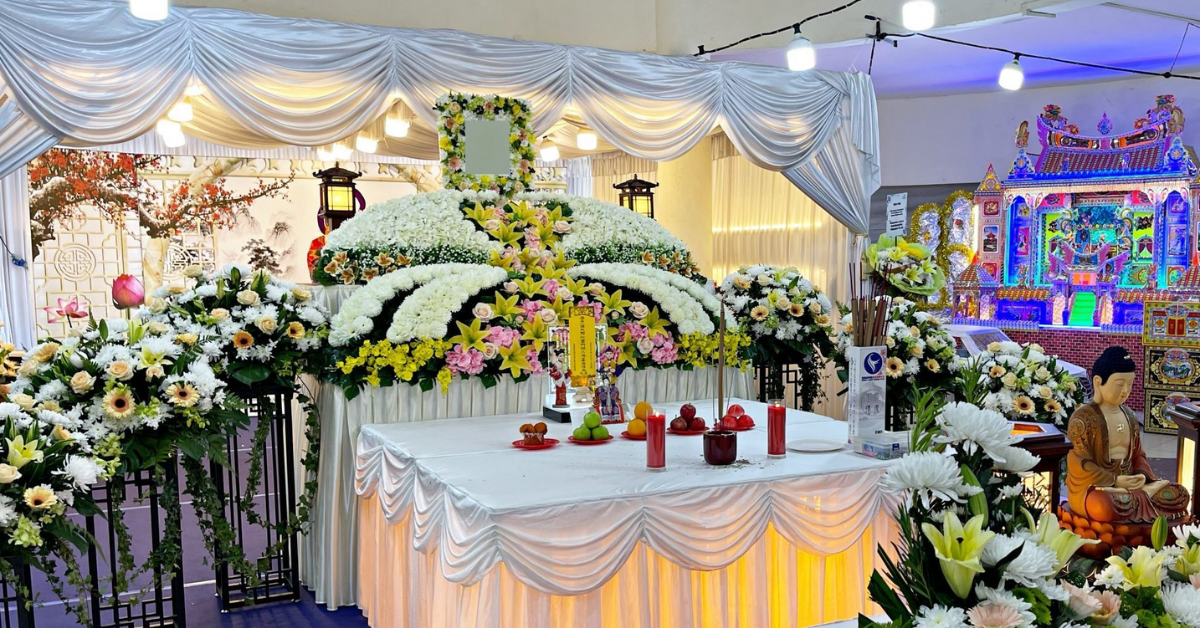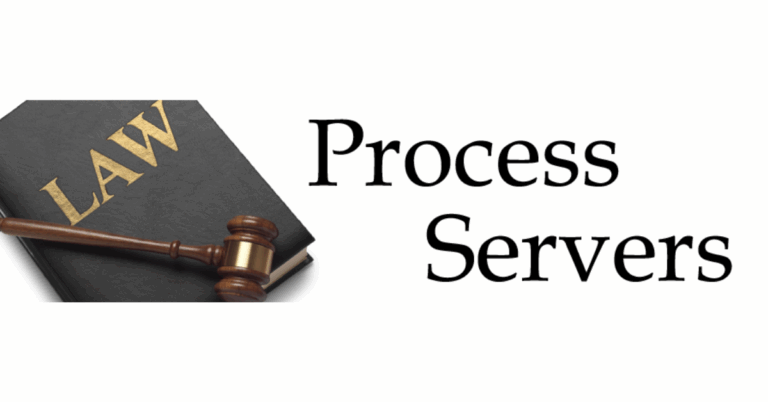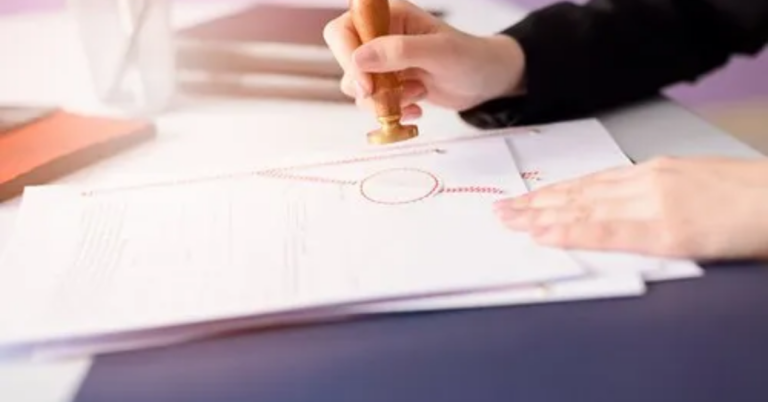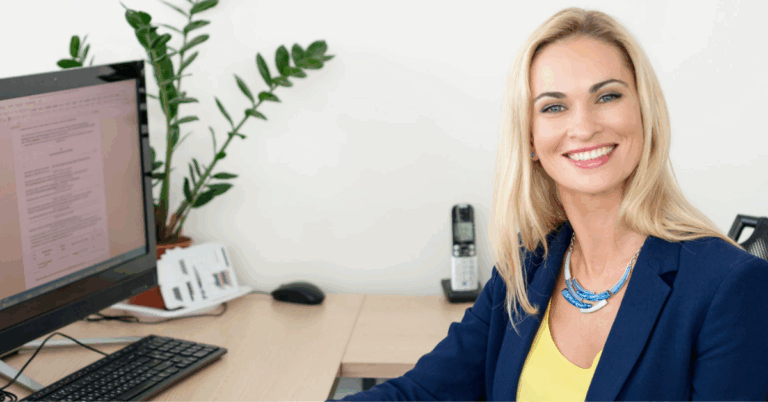Compassionate and Dignified Buddhist Funeral Services in Singapore
Buddhism teaches that life is transient and death is a passage to the next existence. In Singapore, where Buddhist traditions blend with local customs, funeral rites are conducted with dignity, reverence, and deep spiritual significance. For families mourning the loss of a loved one, arranging a Buddhist funeral can feel overwhelming—especially during a time of grief. This guide aims to help you understand what goes into Buddhist Funeral Services Singapore—from rituals to packages, costs, and what to expect—while offering options that are both meaningful and budget-conscious.
Understanding the Buddhist Funeral Philosophy
Death as a Spiritual Transition
Buddhism views death not as an end, but as a transformation. The soul continues its journey in the cycle of rebirth (samsara). A proper funeral helps the deceased gain a favorable rebirth and brings peace to the family.
Importance of Funeral Rites
In Buddhist culture, funeral rites are essential for guiding the soul to a peaceful afterlife, reflecting on impermanence, accumulating merit through prayers and offerings, and showing respect and gratitude to the deceased.
Key Elements of a Buddhist Funeral in Singapore
Wake Duration
Buddhist funerals in Singapore typically last for an odd number of days—3, 5, or 7 days. This is based on the belief that odd numbers bring better fortune in spiritual transitions.
Chanting and Prayers
Monks or lay practitioners perform chanting rituals using sacred Buddhist sutras. The purpose is to calm the spirit of the deceased, help the soul detach from worldly ties, and guide it toward a higher rebirth.
Offerings and Incense
Common offerings include incense sticks for purification, white or yellow flowers for peace, and fruits and vegetarian meals to accumulate merit.
Altar Setup
A Buddhist funeral altar includes a photo of the deceased, statues or images of the Buddha, incense holders, oil lamps and floral arrangements.
Cremation or Burial
While cremation is the most common practice due to space limitations in Singapore, some families still opt for burial. Ashes are usually stored in columbariums or scattered at sea based on the family’s preference.
Venues for Buddhist Funerals in Singapore
HDB Void Decks
The most common venue, especially for larger families. Void deck funerals are cost-effective and easily accessible for guests.
Funeral Parlours
For more private and controlled environments, funeral parlours offer air-conditioned halls with full facilities.
Temples or Monasteries
Some Buddhist temples in Singapore allow their premises to be used for funeral services, especially if the family is affiliated with the temple.
Private Homes
Though less common today, home funerals still occur in more traditional families who prefer an intimate setting.
Components of a Typical Buddhist Funeral Package
A comprehensive Buddhist funeral package generally includes a casket which varies in material and design, embalming and makeup for body preservation and presentation, altar and decoration with flowers, lights and Buddhist imagery, monk chanting services which typically includes one or more chanting sessions per day, tentage and seating for void deck or outdoor wakes, encoffinment service that includes bathing, dressing, and placing the body in the casket, funeral procession and transportation to the cremation or burial site, and cremation coordination which includes booking the cremation slot and handling of ashes.
Cost of Buddhist Funeral Services in Singapore
Budget Packages
Starts from around S$4,000 to S$5,000. Includes basic casket, embalming, monk chanting, void deck setup, and transportation.
Mid-Tier Packages
Range from S$6,000 to S$8,000. May include a more elaborate altar, additional monk chanting sessions, and better-quality materials.
Premium Packages
From S$10,000 upwards. Include high-end caskets, elaborate floral setups, full funeral parlour rental, custom hearse, multimedia tribute, and extended post-funeral services.
What Sets a Good Buddhist Funeral Provider Apart
Transparency in Pricing
A trustworthy provider gives a clear, itemized breakdown of all costs, with no hidden charges.
Experience in Buddhist Rites
Look for providers familiar with the specific Buddhist sects (e.g., Mahayana, Theravāda) and their respective rituals.
Compassionate Service
Staff should provide not just logistics but emotional support. A calm, respectful, and experienced team makes all the difference during a difficult time.
24/7 Availability
Deaths can happen at any hour. A reliable provider should be contactable around the clock and able to respond promptly.
Post-Funeral Buddhist Practices
49-Day Chanting Rites (An Ling)
Buddhists believe it takes up to 49 days for a soul to transition to its next life. Many families hold weekly prayers during this period.
Columbarium Niche Placement
After cremation, ashes are stored in government or private columbariums. Proper rituals may be conducted during placement.
Sea Burial or Ash Scattering
Some choose to scatter ashes at sea, often accompanied by a brief prayer ceremony. This is permitted in designated areas in Singapore.
How to Prepare for a Buddhist Funeral
Contact the provider as soon as the death is certified. Set the wake duration—typically 3, 5, or 7 days. Choose the venue such as a void deck, parlour, or temple. Select the chanting schedule based on family preference and monk availability. Arrange offerings like incense, flowers, fruits, and vegetarian meals. Coordinate cremation by booking cremation slots in advance if possible. Plan post-funeral rites, especially the 49-day prayers if desired.
Etiquette at a Buddhist Funeral
Dress Code
Immediate family is usually dressed in white. Guests should wear dark, subdued colours. Avoid bright colours, especially red, as it is associated with joy.
Conduct
Offer incense when arriving. Observe silence during prayers and chanting. Bow respectfully to the altar. Avoid taking unnecessary photos or engaging in loud conversations.
Frequently Asked Questions (FAQ)
What is the most common type of Buddhist funeral in Singapore?
A 3- or 5-day wake held at an HDB void deck with monk chanting and cremation is the most common setup.
How much does a Buddhist funeral cost in Singapore?
Prices range from S$4,000 for a basic package to S$10,000 or more for premium options, depending on duration, venue, and customisations.
Can non-Buddhists attend a Buddhist funeral?
Yes. Non-Buddhists are welcome. They are not expected to participate in chants but may bow and offer incense if they feel comfortable.
Is embalming required?
While not legally required, embalming is typically recommended for multi-day wakes to preserve the body.
Can we customise the funeral ceremony?
Yes. You can choose specific prayers, floral arrangements, hearse types, multimedia tributes, and more.
What happens after the funeral?
Ashes are collected after cremation and may be stored in a columbarium, scattered at sea, or handled based on family preferences. Weekly prayer sessions may continue for up to 49 days.
Are chanting services included in the package?
Most Buddhist funeral packages include monk chanting sessions. Families may request additional sessions at extra cost.
What is “An Ling”?
An Ling refers to the 49-day transitional period after death. Weekly chants are held to help the soul move peacefully into the next life.
Conclusion
Buddhist funeral services in Singapore are more than just a farewell—they are a spiritual journey for the deceased and a time of reflection and healing for the living. With the right guidance, these ceremonies can be both respectful and affordable. Whether you opt for a basic package or a more elaborate farewell, understanding the rituals and knowing your options will empower you to make informed, compassionate choices. During moments of loss, support from a professional and caring funeral provider can offer the peace of mind you need to honour your loved one with dignity.







